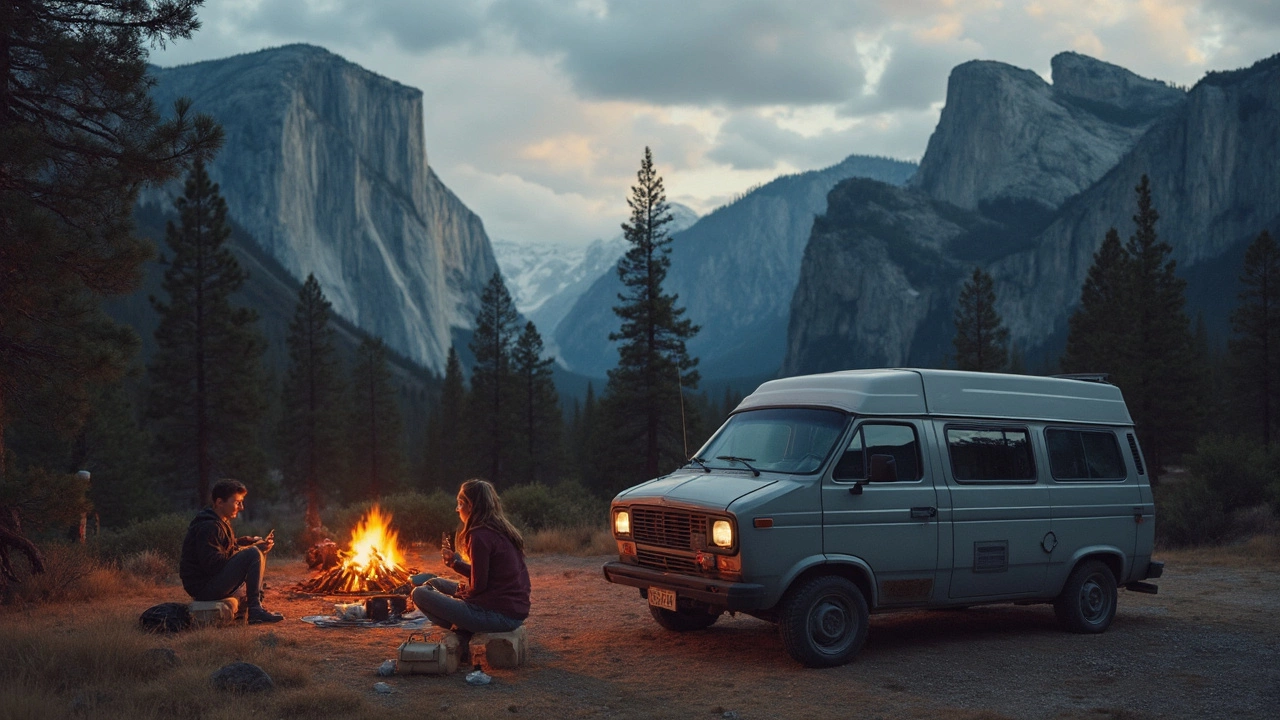US Camping Laws: What Every Motorhome Traveller Must Know
If you’re planning a motorhome adventure across the United States, the first thing to check isn’t the mileage or fuel price – it’s the law. From state‑to‑state rules on wild camping to where you can safely park overnight, knowing the basics saves you from tickets, towing, and awkward conversations with rangers.
Key Legal Concepts
In the US there isn’t a single national rule for camping in a motorhome. Instead, three ideas cover most situations:
- Public land access: National forests, BLM lands, and state parks often allow free or low‑cost dispersed camping, but each agency has its own stay limits (usually 14 days).
- Private property: Unless you have owner permission, sleeping on private land is trespassing. Look for signs that say “No Overnight Parking” – they’re enforceable.
- Local ordinances: Cities and counties can ban sleeping in vehicles on streets, parking lots, or beaches. Check the municipality’s website before you roll in.
Violating any of these can lead to a fine, a warning, or your vehicle being towed. The good news is most places are happy to let you stay if you follow the rules and keep a low profile.
State‑by‑State Quick Guide
Below are the most common rules for the states that attract the biggest motorhome crowds. This isn’t an exhaustive list, but it gives you a solid starting point.
California: Wild camping is limited. You can stay up to 24‑hours on most streets, but many cities require a permit for overnight parking. Beaches often prohibit vehicle overnight stays – look for signage. Walmart and truck stops are popular, but always ask the manager first.
Washington & Oregon: BLM lands allow 14‑day stays, and many state forests have free “primitive” sites. In Portland, sleeping in a vehicle on a public street is illegal, but you can use designated “overnight parking” zones.
Texas: Texas is RV‑friendly. You’ll find lots of “rest areas” that allow 8‑hour stays, and many Walmart locations welcome overnight guests. Beach camping is rare, but the Gulf Coast has several RV parks with affordable rates.
Florida: Beach camping is generally prohibited, but there are plenty of RV parks near the coast. Some BLM areas in the Panhandle allow free overnight stays, but watch for fire bans during summer.
Colorado: National forests let you camp up to 14 days on first‑come, first‑served sites. Many cities, like Denver, have ordinances against street sleeping – plan for a campground or a permitted lot.
When you’re unsure, a quick Google search for “
Here are three quick tips to keep your trip smooth:
- Ask before you stay. A friendly “Is it OK to park here overnight?” can prevent a fine.
- Leave no trace. Pack out trash, use established fire rings, and keep noise low. Good behavior often leads to more lenient enforcement.
- Carry proof of ownership. If a police officer asks, having registration and insurance ready shows you’re responsible.
By understanding the basic legal framework and checking state‑specific rules, you’ll spend more time exploring and less time dealing with citations. So fire up the engine, follow these guidelines, and enjoy the open road with confidence.
-
 VIEW POST
VIEW POSTCan You Park a Campervan Anywhere in the US? The Real Deal Explained
May, 22 2025|0 CommentsWondering if you can just pull up and park your campervan anywhere in the US? The rules are more complicated than you might think. This article breaks down where you can and can't legally park your campervan, covers the differences between public and private land, and shares tips for finding safe overnight spots. You'll get the scoop on places that welcome campervans—and places where you'll get the dreaded knock. No more guessing or risking a ticket.